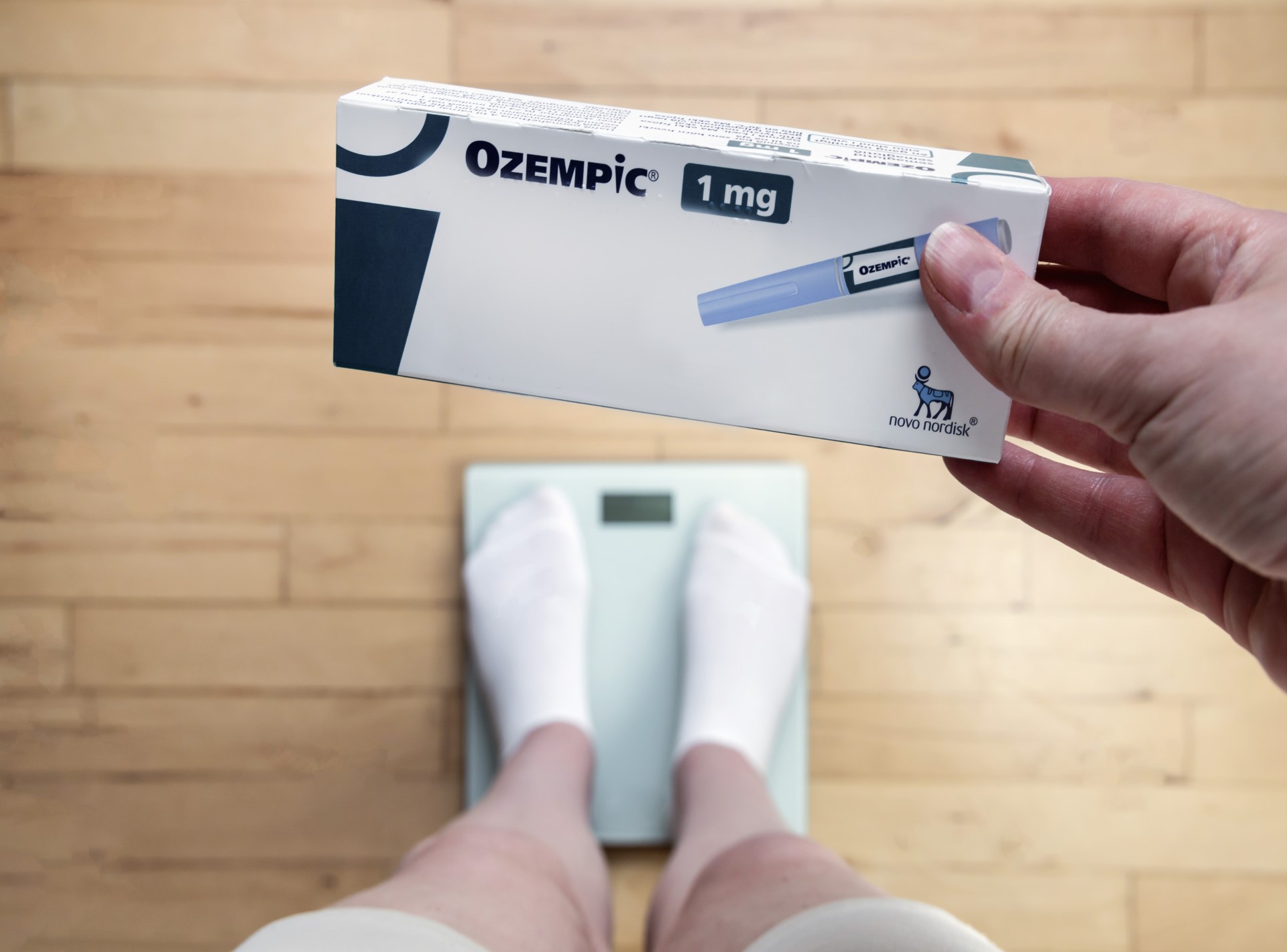
The discovery of roles for RNA has been described as biology’s ‘neutron moment’ and new research shows the RNA-based treatment plozarisan has a greater impact on triglycerides than the ‘wonder drug’ semaglutide.
Plozasiran sodium is currently under clinical development by Arrowhead Pharmaceuticals, and has progressed to Phase III clinical trials, achieving significant median reductions in triglycerides of up to 80% and mean reductions in APOC3 up to 94% over 10 months.
Reports on the 48-week, Phase IIb, trial which evaluated the safety and efficacy of plozasiran, a hepatocyte-targeted APOC3 small interfering RNA, in patients with mixed hyperlipidemia, have only just been officially published and the confirmation from the next round of testing bodes well for a rapid transition to market.
The Phass III Palisade Trial investigated plozasiran in patients with genetically confirmed or clinically diagnosed familial chylomicronemia syndrome (FCS), a severe genetic disease with significant unmet need and no FDA approved therapies.
A total of 75 subjects distributed across 39 different sites in 18 countries were randomized to receive 25 mg plozasiran, 50 mg plozasiran, or matching placebo once every three months.
Palisade successfully met the primary endpoint of lowering triglycerides and met all key secondary endpoints, including reducing the incidence of acute pancreatitis compared to placebo.
By ten months, patients treated with quarterly doses of 25 and 50 mg plozasiran achieved median triglyceride reductions of -80% and -78%, respectively, with a maximal reduction of -98%. At month 12, patients treated with 25 and 50 mg plozasiran achieved median triglyceride reductions of -78% and -73%, respectively, with a maximal reduction of -99%.
These compared with median triglyceride reductions in placebo-treated patients of -17% at month 10 (primary endpoint, p<0.001) and -7% at month 12. Mean reductions in Apolipoprotein C-III (APOC3) at month 10 were -88% and -94% at 25 and 50 mg plozasiran, respectively.
By comparison, semaglutide only achieved a 16.52% in triglycerides according to a randomised clinical trial conducted by the University of Leicester’s Diabetes Research Centre in 2017, and after analysis, investigators determined semaglutide reduce triglycerides versus placebo by 5% in the SUSTAIN 6 trial and 6% in the PIONEER 6 trial.
The SUSTAIN 6 trial, PIONEER 6 trial and RNA study all used the same 26-week endpoint to determine outcomes.
Similarly, a meta-analysis of five studies, including a total of 3890 individuals with diabetes, found that compared to the controls, semaglutide decreased the total cholesterol percentage by 4.71%, LDL by 5.16%, VLDL by 16.24%, FFA by 10.56%, and triglycerides by 16.52%, but led to a 2.08% increase in HDL.
Larger drops in triglycerides – of up to 49% – have also been reported in a cohort of HIV positive patients prescribed semaglutide.
Arrowhead CEO, Dr Christopher Anzalone, PhD, said that the number of subjects reporting treatment emergent adverse events (AEs) were similar in plozasiran and placebo groups. Severe and serious AEs were less common with plozasiran than with placebo, with the most common AEs reported being abdominal pain, COVID, nasopharyngitis, headache and nausea.
“We see plozasiran data as best in class and with the potential to address multiple cardiometabolic diseases with substantial unmet need,” he said.
“We will now communicate the results to the FDA and discuss filing a New Drug Application for FCS. We will also continue to advance multiple additional Phase 3 studies for other patient populations. It is gratifying to see one of our investigational RNAi-based medicines get potentially closer to the patients who need it most.”

